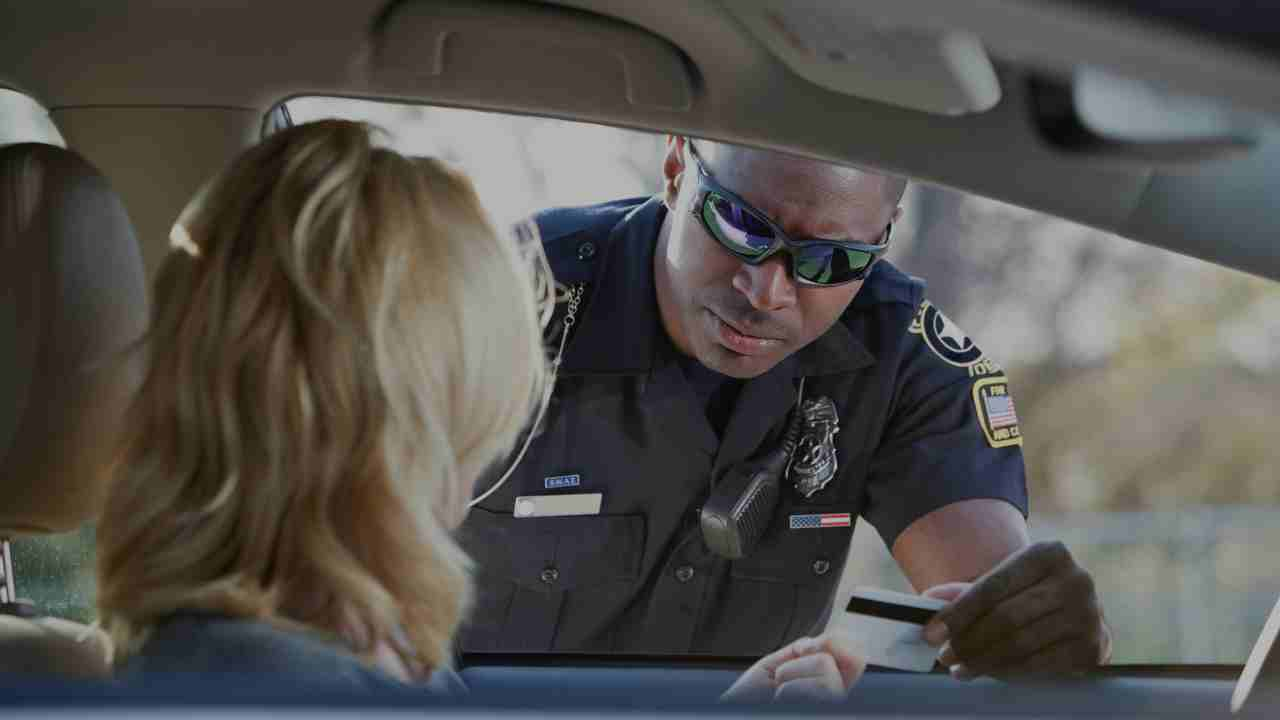MARYLAND: Getting pulled over in Maryland can be stressful enough. But when a police officer starts asking about your phone—what they can see or whether you’ll unlock it—the situation can quickly become confusing.
With smartphones holding so much personal information today, it’s crucial to understand where your rights stand during a traffic stop.
Here’s a breakdown of what Maryland drivers need to know about phone searches by law enforcement.
The Fourth Amendment Protects Your Phone
Under the U.S. Constitution, you’re protected from unreasonable searches and seizures. That means your phone can’t be casually inspected by an officer unless they have a warrant, your permission, or a specific legal exception. In Maryland, this protection applies even during a routine traffic stop.
Police Usually Need a Warrant in Maryland
Unless there’s an emergency or you give permission, police in Maryland cannot legally search your phone during a traffic stop. A simple traffic violation doesn’t give them automatic access to your device.
Exceptions: When a Warrant Isn’t Required
There are a few rare scenarios where law enforcement could search your phone without first getting a warrant:
- Consent: If you say yes, you’ve given them permission. But you’re not required to. You can politely refuse and they must respect that.
- Search Incident to Arrest: If you’re arrested, police can search you and the immediate area—but not your phone without a warrant, thanks to the Supreme Court’s Riley v. California decision.
- Exigent Circumstances: If there’s an urgent threat—like risk to someone’s safety or destruction of crucial evidence—officers might be allowed to access your phone without a warrant. These cases are rare and require a specific, immediate justification.
If Police Ask to Unlock Your Phone
Even if you’re not under arrest, officers might ask you to unlock your phone. But here’s what you should know:
- In Maryland, you cannot be forced to unlock your phone using your fingerprint or facial recognition.
- Courts are divided on whether you can be compelled to provide a passcode or PIN—some say yes, others say it violates your Fifth Amendment right against self-incrimination.
- You always have the right to refuse unless they present a valid warrant.
Read Also: Know Your Rights: Can Tennessee Police Legally Search Your Phone During a Traffic Stop?
How to Protect Yourself During a Traffic Stop
The safest approach? Stay calm, be respectful, and clearly state your rights. If an officer asks to search your phone or wants you to unlock it, you can simply say:
“I do not consent to a search of my phone.”
You can also ask, “Do you have a warrant?” If the answer is no, you are within your rights to say no.
If Your Rights Are Violated, Take Action
If you believe your phone was searched without proper legal grounds, don’t argue at the scene. Instead, contact an attorney afterward. An illegal search can lead to any evidence being thrown out in court.
Concerned About Your Rights on the Road? Stay informed and empowered. For more legal explainers and stories that matter to you, visit newyorkdailygazette.com and join the conversation.








